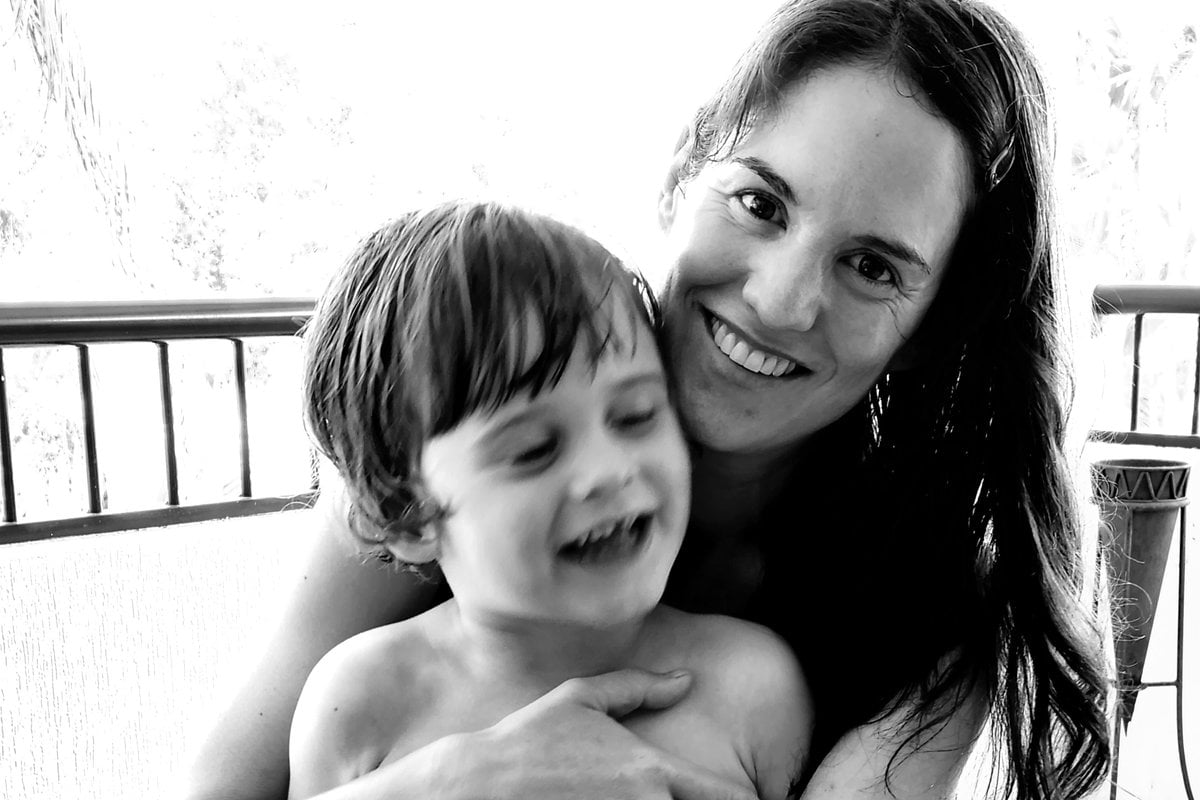
In 2021, one in every 25 children born in Australia were conceived via assisted reproductive technologies. That’s one child in every classroom on average. Within this statistic, solo women undertaking IVF to conceive a child using an anonymous donor is also increasingly prevalent in Australia.
I am one of these extremely fortunate women. Yet despite the increasing number of women making this choice, I still feel like an outlier. Indeed, it is a privilege for us to have an option which confers agency and control over the decision to create a family. Paradoxically though, it is the agonising absence of control throughout the IVF process itself which renders it a deeply isolating and often heartbreaking experience.
The process of bringing my son into the world was the most viciously excruciating yet mind-blowingly wondrous experience of my life. However for years - until the moment he took his first breath - the complex tangle of IVF processes, procedures and pain dictated my every move and mood. It sculpted every waking moment. A marathon with no end. I say ‘no end’ because for me there was no end until I ‘succeeded’. Crazily, the cycles of hope and destruction were perversely addictive. And the gamble of ‘one more try’ had me hooked. Even when hope flew away and faith in my body and myself was completely decimated.
While you're here, Meshel Laurie shares what it's like to go through IVF alone. Story continues after video.


Top Comments